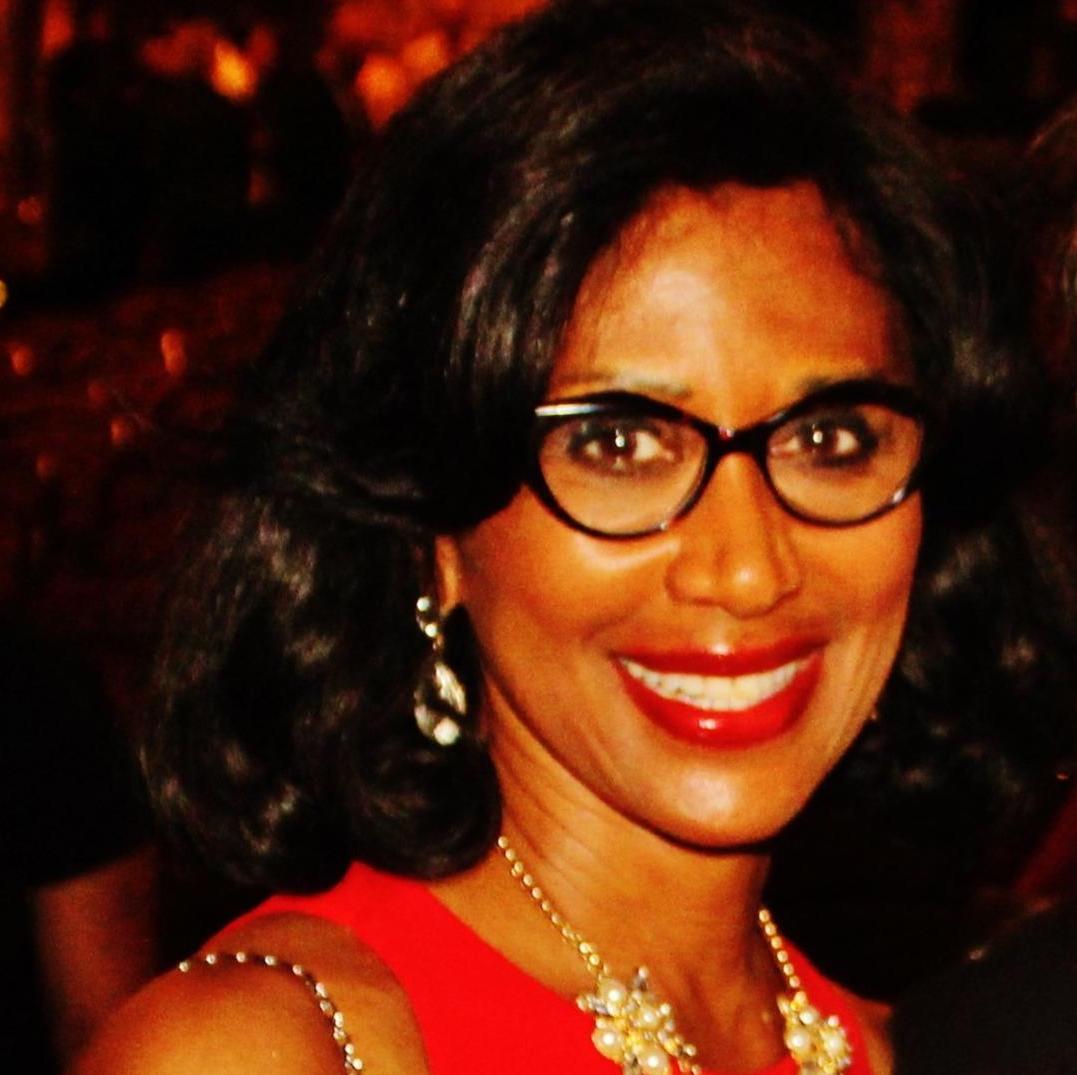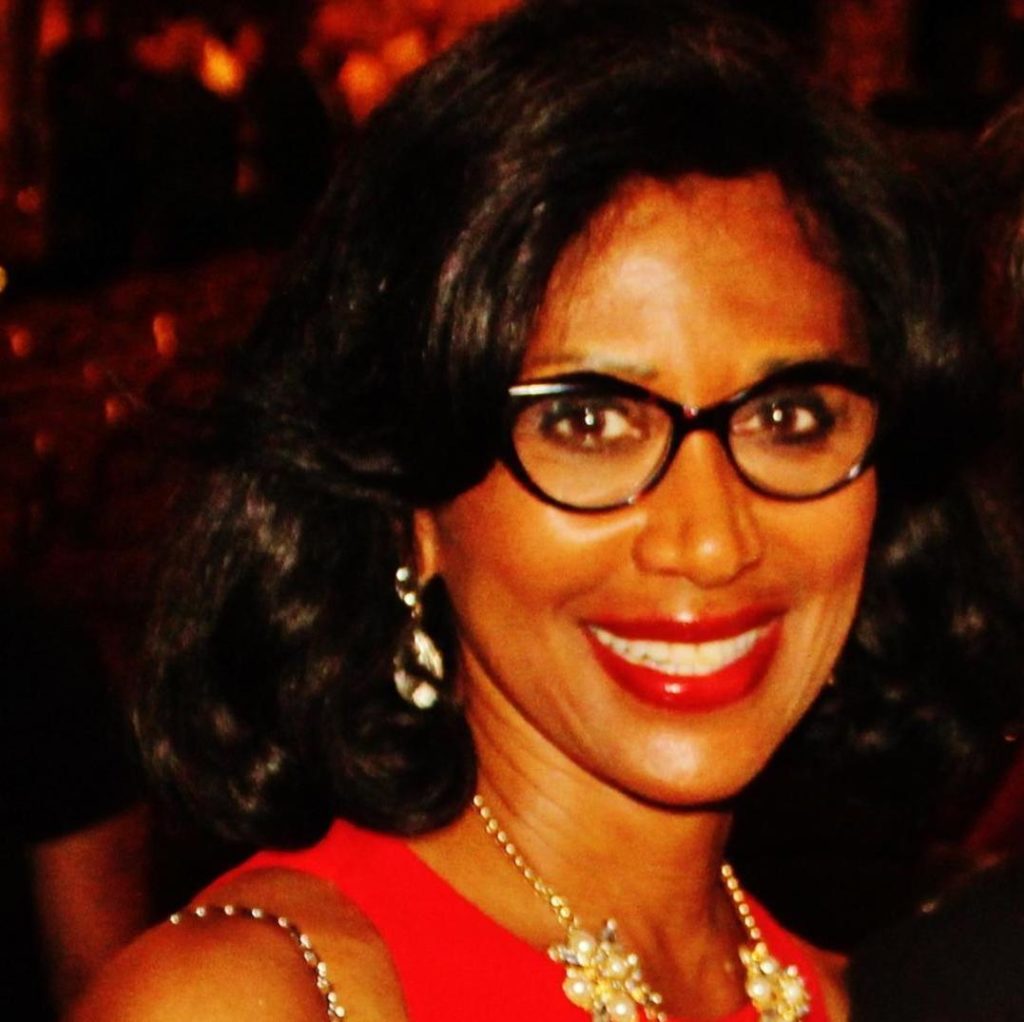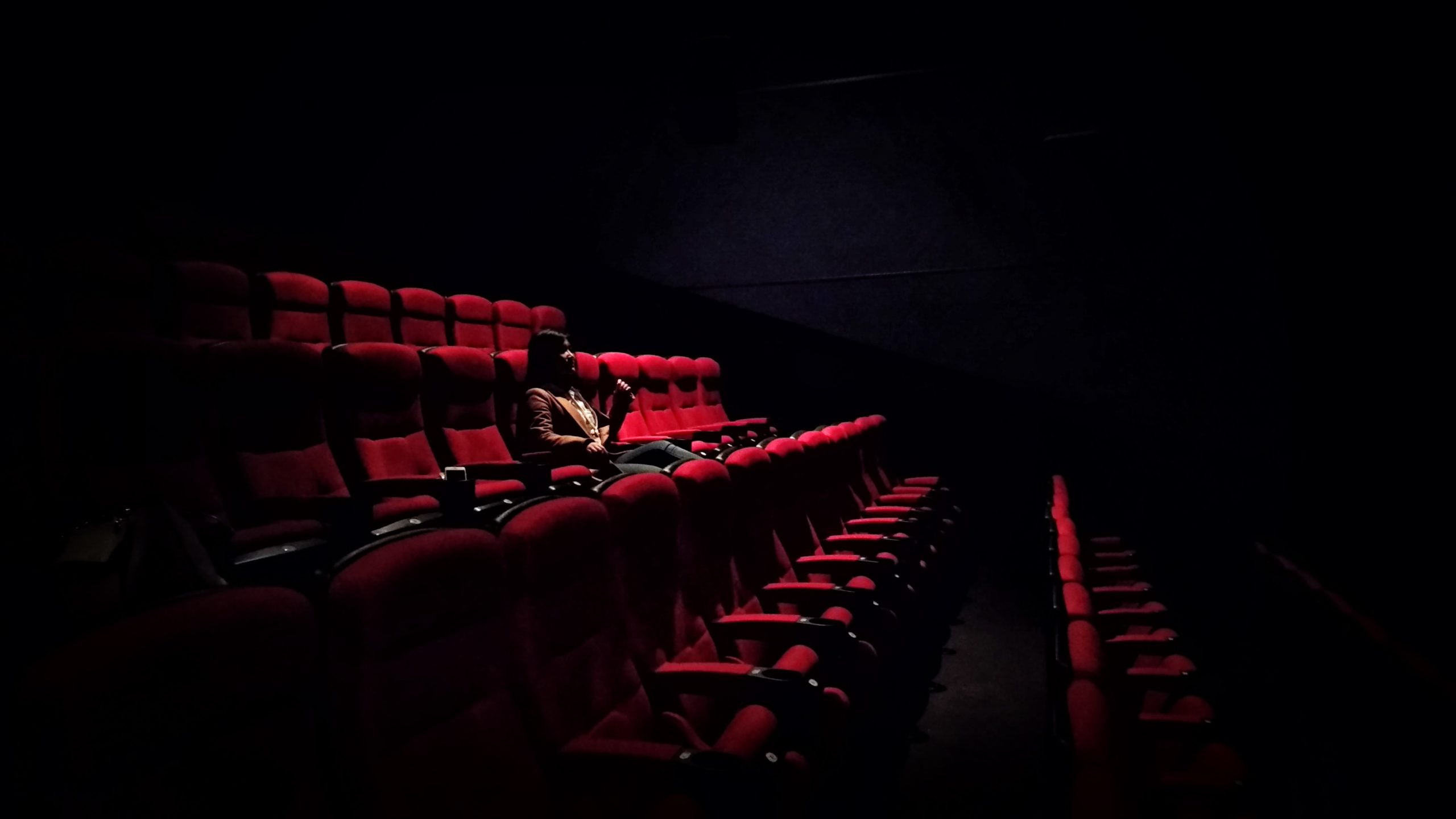
Critic Spotlight: November 2020
Ramona Harper
DC-area critic
Outlets: DC Metro Theater Arts; Dance Metro DC

Your background in diplomacy is fascinating. What led you to choose that life and what did you learn from it?
Actually, the first thing I wanted to do in life was to start a magazine for Black women. It was before Essence. There were no publications for Black women. I went to Pratt Institute in Brooklyn, New York, but I did not get the right academic advising, nobody could tell me how to start a magazine.
So I came back home to Philadelphia, became more socially conscious and did a degree in social work. While I was working on my master’s, to make some extra money, I started modeling. I did runway mostly, fashion shows: Neiman Marcus, Saks Fifth Avenue.
Eventually I got to go to Europe, where I modeled fashion shows in Italy. When I was introduced to being overseas, it was really that introduction to being in foreign cultures. So I said, wouldn’t it be great to have a career where I was exposed to other cultures, to be able to see the world from the eyes of others? I mean, there’s a whole world out there. The United States is not the whole world.
And that was how it began?
I was reading Essence magazine, which had come out in 1982. It was the thing that I never got to do — I never created that magazine. An ad in Essence says, “see the world, join the Foreign Service.” I wrote my name on this little recruiting letter and I mailed it into the State Department. I got this big packet of information about the Foreign Service as a career.
That was the beginning. I didn’t know anything about the Foreign Service. I went to the library and read everything I could, and then I started studying for the exam.
There’s a lot of irony and faith in the way certain things happen. I really became turned on by the idea of being a person who could contribute to international world peace, and how I could increase international understanding. That career just jumped out at me after I got some exposure to travel. I served all different posts: Senegal, Zimbabwe, Uganda, Panama, Germany, Washington. In the course of 21 years, I traveled through 50 different countries. So wow! On every continent, except Antarctica.
What drew you to criticism from there?
I always loved the performing arts as a child. I was just mesmerized the first time I’d ever seen ballet, that people actually do this. Then one summer I went to a musical — it must have been a summer stock musical production as a kid in elementary school. I don’t remember which one it was.
Fast forward: back in Washington, D.C., after having worked with the State Department, I joined a DC theater meetup. The organizer was Joel Markowitz, who had just started DC Metro Theater. Joel wanted to cover the entire Fringe Festival, about 130 plays over about two weeks. He reached out to the meetup group and said, “I know you all love theater. Is there anybody who would like to try their hand at being a reviewer because I don’t have enough writers yet?”
Joel mentored me. He told me how to write, what to cover, what I should be looking for, what should be in a review. Every time I turned something in, I asked him to please give me feedback: what could I have done better? I really wanted to get this right.
So that’s how I got started, in a meetup group. I raised my hand, and Joel Markowitz is responsible.
How does your background inform your criticism?
I think it opens my mind. When you travel, when you get exposed to others, your mind just opens and perhaps you see things that you might not see otherwise. You see the human condition. You see the universality of who we are. So I think that you have an appreciation for people from all backgrounds, for people’s life experiences.
These are the things you look at when you go to the theater. What’s going on with people? What’s the universality of the message? We’re different, but at a certain point we’re all the same. When we go to the theater, we’re looking to see things through the eyes of another.
I’m definitely looking at the technical aspects, but I really go to the theater looking for the message. We’re there to be entertained to a certain point, but only to a certain point. We’re looking for something that satisfies us emotionally.
I’m looking for a human message that is telling us something about who we are, that makes us think, and that will make us grow.
We are living in precarious times. Art is supposed to be a reflection of reality, so what plays have you seen that are especially appropriate in today’s world?
I tend to go after the Black themed plays (because) I feel that, having had a Black experience, I have the cultural sensitivity and the breadth of being a part of that culture to be able to interpret what the message is, and to get it right.
Sometimes those people who are not in the culture don’t exactly get it. It’s not that they’re not trying, it’s just that they don’t have the experience so they can’t see. So I gravitate towards the Black themed plays because something gives me a sense of responsibility to the integrity of the play and the playwright. I want it told from my eyes. I want it told from the perspective of the Black experience in America so that the message is shared properly.
What advice would you give to white critics who are assigned or decide to see Black themed shows? Obviously, they can’t have the same kind of experience and understanding as a Black critic would.
I do think it’s difficult because it goes beyond just watching a play. It’s the way you live your entire life. It means having true Black friends. It means engaging with the Black community so that you begin to see the world from their eyes.
It’s just like me going overseas and serving in Africa or serving in Germany. I mean, that informed me because I got exposed to how other people see the world. And so I think white critics, if they really want to try to do their job as best they can, need to immerse themselves, be part of that community in whatever way they choose.
And it’s not a “go drop in” kind of thing, it’s really being part of something beyond your little white world. Expose yourself to other people. Eventually, though you may not have the experience yourself, there’s an osmosis that goes on. And you will be able to see with greater depth and understanding. So a lot of it, it’s the way you live your life. That’s a big order.
What do you think theaters should take from this pandemic experience into the next generation of theater?
Well, I’m looking at Black Lives Matter. That’s my focus, and the effect that it has had on the world is wonderful. I’m just filled with hope. I really am. This is incredible. Let’s hold on to this because we all come out richer in the process.
We all benefit because if I know you better and you know me better, we’ve got a visual life experience. Many theaters are making changes to start looking at our values in terms of equity.
We’ve got to make anti-racism a basic value of American theater, just the way white supremacy has been a basic value. We will all benefit in the end by having a richer experience, because we’ll be hearing everybody’s experience, not just a Euro-centric experience.
I do believe things are shifting, things are happening. When we emerge from the cocoon we can fly off in a different direction.
What’s a review or article that you’ve written that you’re particularly proud of?
Review: ‘Word Becomes Flesh’ at Theater Alliance at Anacostia Playhouse in DC Metro Theater Arts
What does it mean to be a black man in the 21st century? “Word Becomes Flesh,” an encore production of the Theater Alliance, responds by totally embracing black masculinity in a shattering performance of the spoken word of hip hop culture.
— Interview by Karen Topham





Sorry, the comment form is closed at this time.